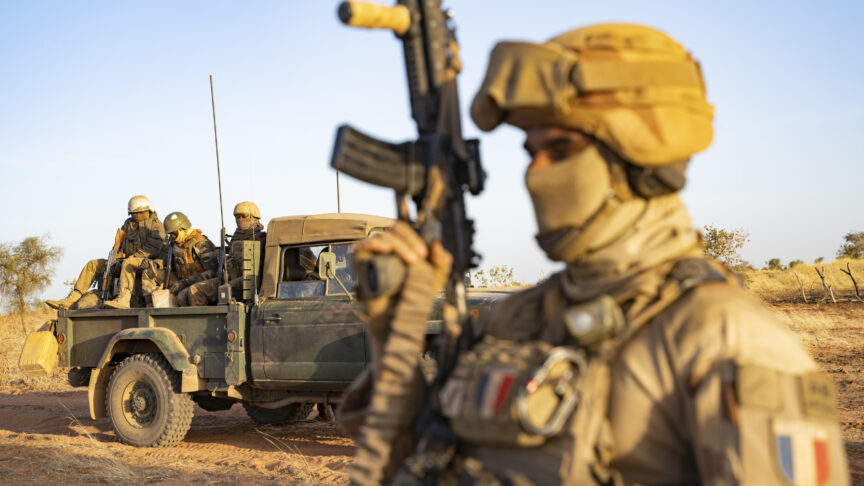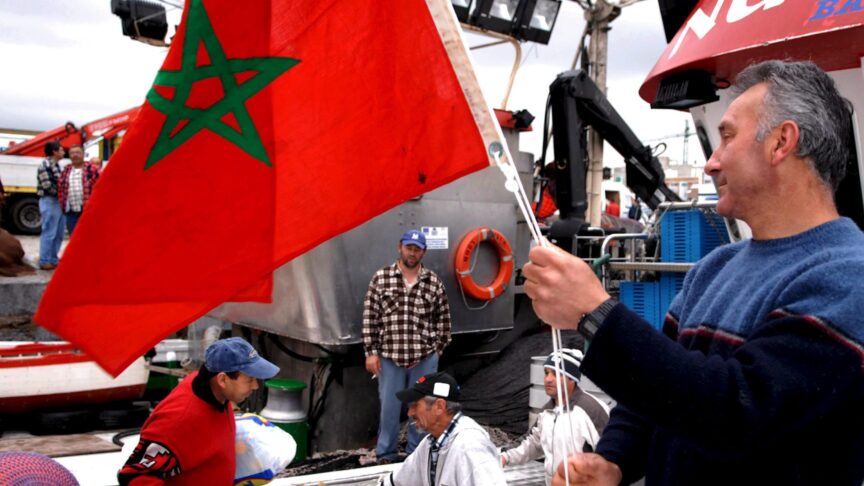No more heroes?
David Cameron, the British prime minister, says that the G20 has passed its “heroic phase.” Certainly the last leaders’ meeting in Seoul lacked the high drama of those during the financial crisis of 2008 and 2009. But perhaps we need to redefine heroic leadership: what the world needs now is politicians who are ready to make complex multilateral compromises for the common good.
This article originally appeared in Público (Spanish)
Whatever happened to the heroes? In the run-up to last month’s meeting of the Group of Twenty’s leaders in Seoul, British prime minister David Cameron said the G20 had passed its “heroic phase.”
He had a point. In 2008 and 2009, the G20’s efforts to manage the financial crisis grabbed global attention. The presidents and prime ministers who gathered at successive meetings in Washington, London and Pittsburgh took personal responsibility for saving the economy. High drama ensued.
Before the London G20, Nicolas Sarkozy threatened to walk out if French proposals on financial regulation failed. US officials briefed that Barack Obama – having admitted America’s responsibility for the crisis – single-handedly resolved a dispute between Sarkozy and China’s Hu Jintao. Cameron’s predecssor Gordon Brown won significant kudos for managing the summit.
This was exactly what a frightened world needed. For most non-experts, the crisis had been incomprehensible. Few could understand the financial dynamics involved. The political dynamics of the G20 were reassuringly simple. Here were recognisable politicians meeting, airing their differences and finally hammering out decisions. This is, at root, what publics like leaders to do.
At the start of the last century, German sociologist Max Weber famously analysed “charismatic leadership”. The charismatic leader is someone “set apart from ordinary men and treated as endowed with supernatural, superhuman, or at least specifically exceptional powers or qualities.”
This sort of charisma is usually associated with religious icons (think of Pope John Paul II) or war leaders (Winston Churchill). Yet in the nadir of the financial crisis, the G20 leaders were imbued with a special charisma too. However technical the economic and regulatory issues on the table, they were expected to – almost magically – resolve the problems involved via face-to-face talks.
The media’s focus on the leaders’ behaviour obscured cumbersome behind-the-scenes negotiations and bureaucratic decision-making processes. In spite all the attention lavished on the G20 since 2008, not all its decisions have been honoured. A recent study by Bruegel, a Brussels-based economics think-tank, concluded that national authorities have done a poor job of implementing action points agreed by the G20 at its first leaders’ summit in Washington DC in November 2008.
So the G20 might not have miraculous powers after all. The leaders attending the Seoul summit looked rather ordinary, reaching a very limited agreement to address global economic imbalances. The “heroic phase” of G20 diplomacy has been replaced by more mundane diplomatic bargaining.
Something similar has happened to the international talks on climate change. At last year’s ill-fated Copenhagen summit, presidents and prime ministers attempted to negotiate a climate deal in person. The result was chaos. This year, follow-up talks in Mexico are being kept deliberately low-key.
What does this tell us about political leadership in today’s complex international environment? Many foreign affairs specialists believe that globalisation is rendering individual political leaders irrelevant. Take Barack Obama, these cynics argue. The president took office with amazing popularity ratings at home and abroad. But a mix of grim economic circumstances, China’s power politics in Asia and America’s collapsing political consensus have left him unable to master events.
Rather than projecting charisma, Obama has often been a pragmatist, apparently ready to accept the limits of US power. While Republicans complain that he’s weak, they should note that George W. Bush also retreated into pragmatism after his efforts at heroic leadership went horribly wrong.
Beyond the US, there are still leaders who want to be heroes. Brazil’s president, Luiz Inácio Lula da Silva, kept up the dramatic style that had won him fame as a union leader. He remains hugely popular in Brazil, but his efforts to resolve the Iran crisis through personal diplomacy with Mahmoud Ahmadinejad received a very chilly response from the US, China, Russia and the EU.
By contrast, India’s quietly-spoken prime minister Manmohan Singh is a rising star on the world stage. Other leaders seem to admire his calm, technocratic management of India’s rise – in recent trips to New Delhi, Barack Obama and David Cameron were keen to look like Singh’s friends.
Similarly, Russia’s Dmitry Medvedev has made friends by adopting a more reasonable image than his uber-macho predecessor Vladmir Putin. This distinction is weakened by Putin’s continued power in Moscow, but the US and EU members have invested a lot in cultivating Medvedev.
Perhaps Singh and Medvedev will prove to be the models for future world leaders: natural thinkers rather than would-be heroes. Or perhaps we need a new definition of heroic leadership to fit today’s realities. In the past, charismatic leaders won followers by winning battles. During the financial crisis, leaders proved their importance by finding ways to cooperate through the G20.
In an interdependent global economy, the real heroes are those politicians ready to make complex multilateral compromises for the common good. That isn’t a traditional definition of heroism. But finding politicians able to manage globalisation may prove even harder than finding great warriors.
The European Council on Foreign Relations does not take collective positions. ECFR publications only represent the views of their individual authors.


